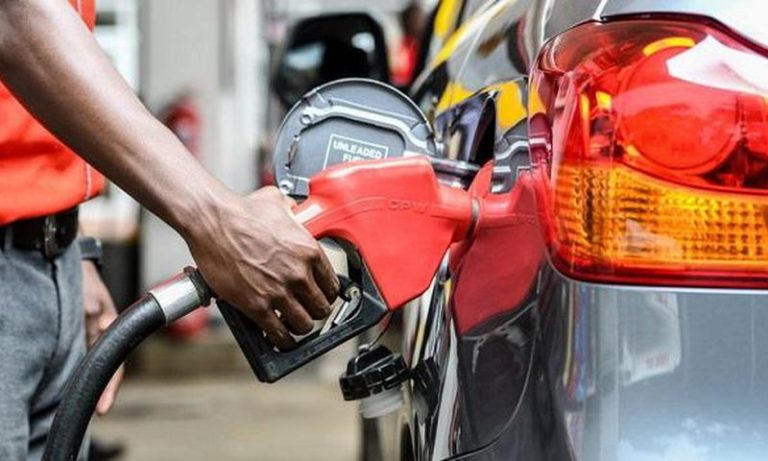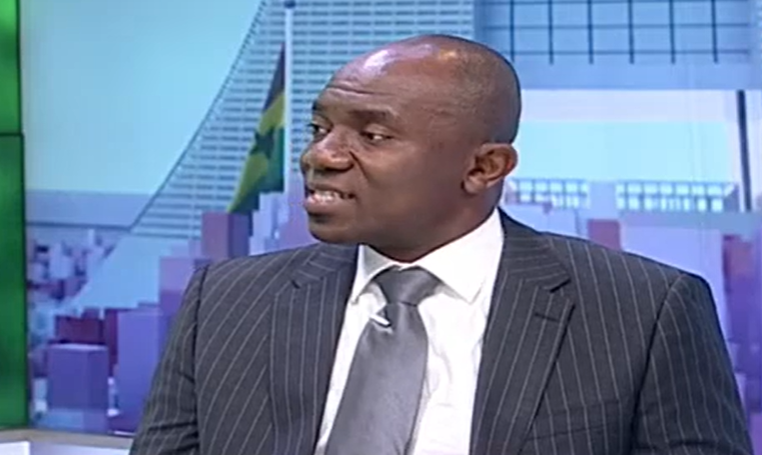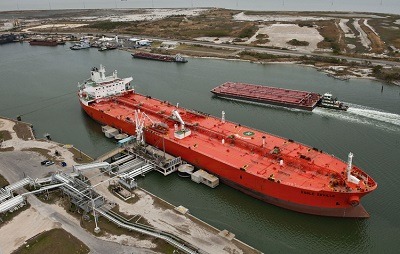Government is on course to transform the country’s energy system away from fossil fuels towards energy efficiency and sustainable energies such as wind and biomass, a Deputy Minister for Energy, Joseph Cudjoe, has told parliament.
Answer a question on plans to transform the country’s energy system away from fossil fuels, Joseph Cudjoe said by the year 2030, some significant amount of renewable forms of energy would have been added to the national grid.
According to him, the Ministry of Energy, in its bid to increase the contribution of renewables to the generation mix, has outlined a number of sustainable energy and energy efficiency programmes in line with the Paris Agreement and the National Renewable Energy Master Plan.
For Wind Energy, the objective is to work to attain a minimum of 150MW with the possibility to increase up to 650MV by 2030 based on grid upgrade and anticipated drop in the price of wind turbines, he said.
There is also a plan to attain 100-300MW of power from Woody Biomass and municipal waste.
Furthermore, there would be a replacement of compact fluorescent lamps with LED lamps in residential and non-residential premises and High-Pressure Sodium(HPS) Streetlights with LED types.
Still, there is a plan to achieve 20percent improvement in power plants through the replacement of light crude oil with natural gas for electricity generation.
Fossil fuels, including coal, oil and natural gas, are currently the world’s primary energy source. However, in Ghana, government is also looking at a nuclear option to add to the energy mix.
The establishment of a Nuclear Regulatory Authority to spearhead the implementation of Ghana’s Nuclear Power Programme (NPP) is expected to yield results also around 2030.
The country has already passed all 19 infrastructural requirements to be considered for the commencement of an NPP, which is the first of three phases required by the International Atomic Energy Agency (IAEA) before the development of a national infrastructure for nuclear power.
All these interventions, when they come on stream, are expected to avert the reoccurrence of the power outages in the country.
–
Source: GhanaWeb





